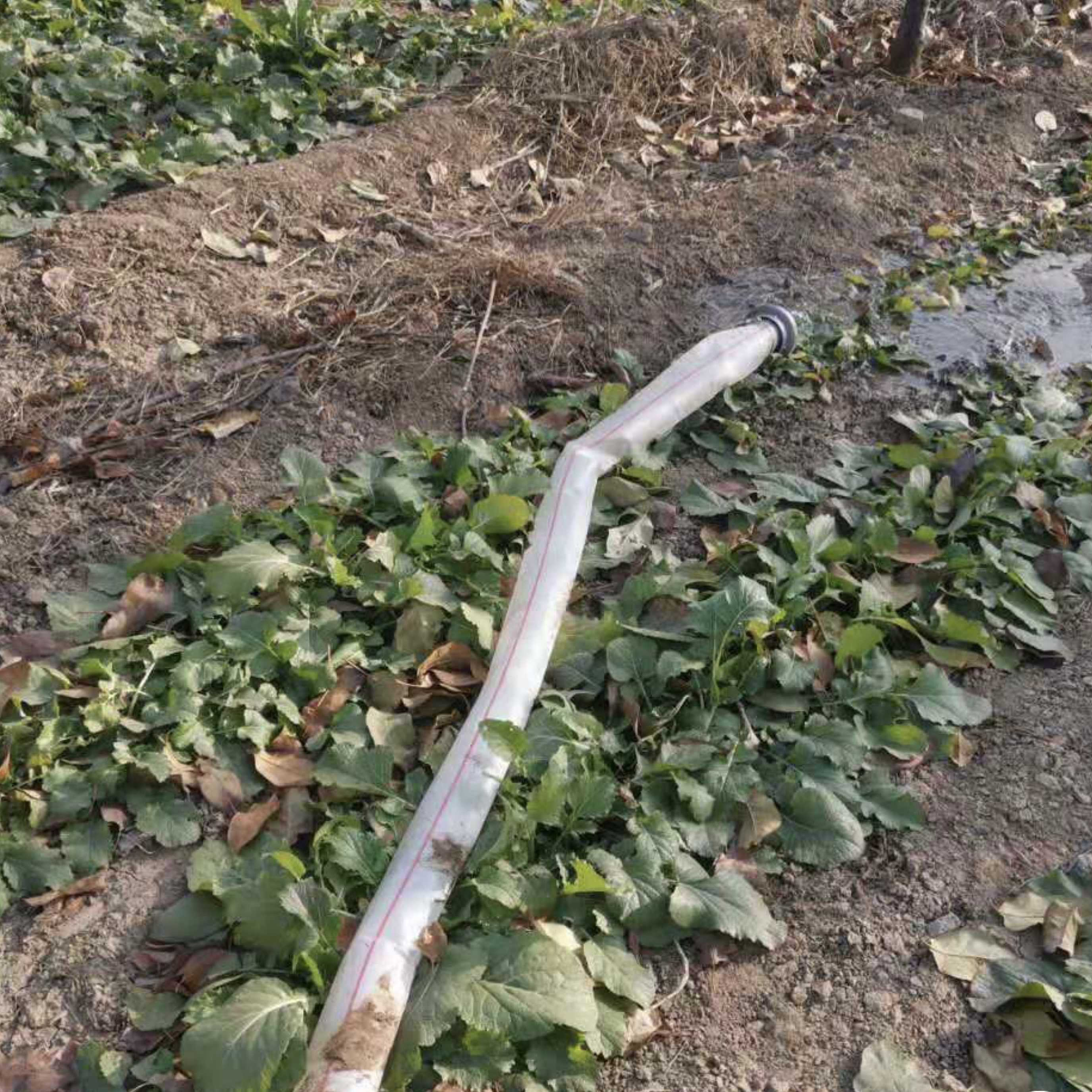AUGUSTA, Ga. (WRDW/WAGT) - Temperatures head into the teens starting on Friday — the kind of conditions that cause pipes to freeze and burst.
What do you need to know to keep this from happening? Truck Cover Tarpaulin

Stay up to date on winter weather by downloading the WRDW Weather App on Google Play or the Apple App Store.
Kevin Coleman, owner of the Drain Surgeon, answered our questions.
Coleman says it doesn’t matter if you live in an apartment, mobile home, or foundation home. Everyone has a role to play when it comes to protecting your pipes from the cold. All it takes is a tiny drop.
Experts at Home Depot recommend keeping interior faucets dripping overnight when temperatures are at their coldest. This will prevent them from freezing and potentially bursting as a result.
They also say to open your cabinets under the kitchen and bathroom sinks, especially if your pipes are on an exterior wall. This will allow your home’s heat to keep them warm. Danny Watson from Home Depot says wrapping your pipes is also a good preventive measure against freezing.
“If you have any exposed pipes, we sell foam wrap that you can do that with,” he said. “You know, even cracks and gaps around doors and windows, you can use the use caulking.”
Keep interior faucets dripping overnight when temperatures are at their coldest. Cover all hose spigots, including those in the crawl space and attic.
Open cabinets where plumbing comes in (bathrooms, kitchen). In the South, we put plumbing on exterior walls, which creates vulnerability in cold weather.
And learn how to turn your water off in the event of a pipe bursting.
Outdoor faucets should be covered/
“If you do like our parents or grandparents did, you can wrap it in insulation,” said Tommy Brown, assistant manager at an Ace Hardware.
If you can’t make it to a home improvement store, no worries.
“You could also just use a towel, bath towel, to wrap around it, and just waterproof it so the moisture can’t get to it,” he said, adding that you should cover the wrap with a plastic bag, securing it with adhesive tape to prevent moisture from getting inside.
He also suggests unhooking any garden hoses and turning off exterior water pipes at the source, including sprinkler systems.
Georgia plumbing expert Donald Stroud says pipes are more susceptible to burst when temperatures are in the teens.
“Every now and then, we’ll get a good, hard freeze. And if it’s been five, six, seven years that’s usually when people are more susceptible and get caught off guard,” Stroud said. “But around here, most of the time, if they just keep the water running and keep the water dripping out there on the outdoor faucets or get them covered up with some insulation and keep them dry, then they usually won’t have too many problems.”
Another Georgia plumbing expert, Richie Sizemore, says older homes are more susceptible to freezing pipes. That’s because they tend not to have good central heating and air.
Both plumbers say a main way to keep your pipes from bursting is to make sure to keep warm water dripping to keep up the circulation.
He says homes that have piping underground or with a concrete foundation are typically safer. But the pipes still need to be protected from wind and other exposure.
For exterior pipes, you can cover them using pool noodles cut down the center, Brown said.
Aiken County neighbors Tierra Calhoun and Brittany Washington share a water well together that requires extra care during the winter.
They keep the well covered.
“Because if that gets frozen, and we don’t have the water running, we won’t have any water, and it’s no telling how long it would take somebody down here,” Washington said.
“We have to try to make sure we do the drip thing to make you know, we don’t want to have to repair so many pipes,” said Calhoun.
Experts say if pipes are not properly covered and insulated it could be costly. It’s a lesson Calhoun learned one winter.
“One year it got really bad. That was the ice storm year. It had got so bad that a lot of the pipes burst in the house. So, we had to go out and replace a good bit of pipe. So that was costly,” she said.
She says once the temps fall below 40, it’s time to act.
“We do have to take the extra steps, about 15, 20 minutes a day. Or you know, whenever we would cover, it’d take about 20 minutes to get it covered,” she said. “With it getting really cold outside, it’s very much possible for the pipes to freeze over.”

Waterproof Canvas Fabric Copyright 2022 WRDW/WAGT.All rights reserved.